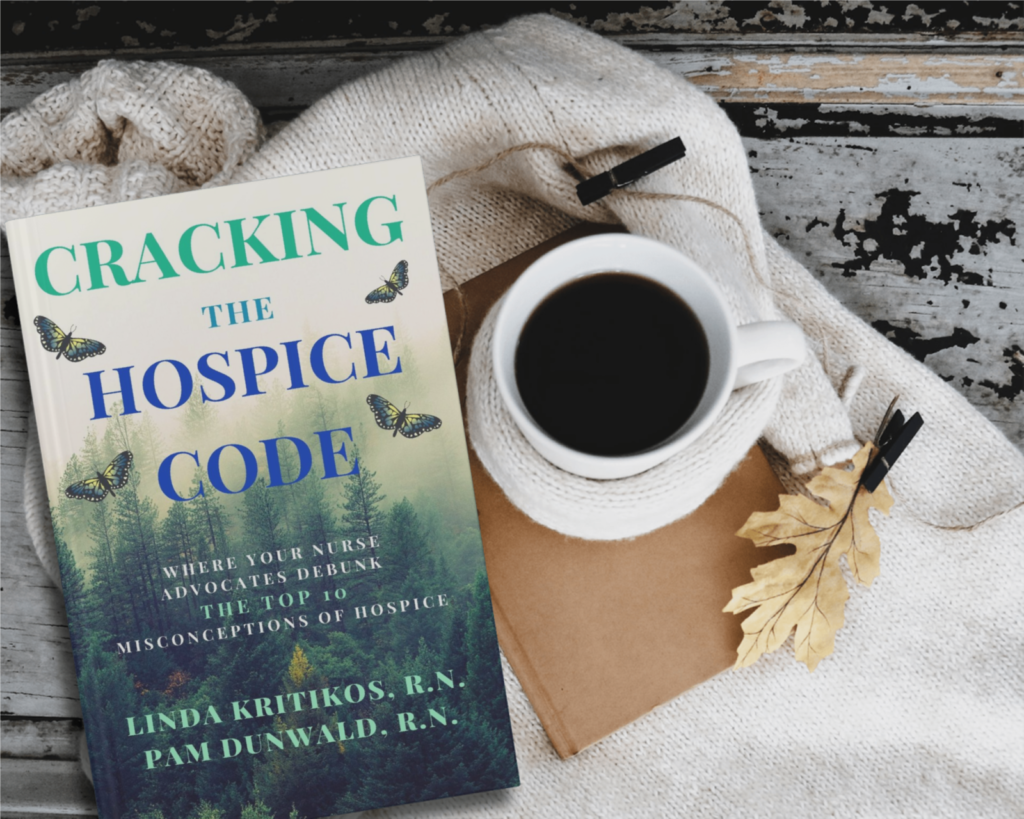Imagine stepping into a space once filled with laughter and love, now silent, the air heavy with memories of a life well-lived. You then realize that your loved one has now been reduced to boxes that need to be filled with decades of belongings.
Continue Reading >Your Budget-Friendly Elder Care Team is Not That Far Out of Reach
With a little creativity and community support, you can piece together your budget-friendly elder care team without being out of reach or stretching your budget thin.
Continue Reading >Care Planning with Heart and Mind Tailoring Your Care Team to Your Needs
"Care Planning with Heart and Mind," where we focus on the tailoring of care team to your needs. The significance of personalized care planning for patients and the pivotal role of caregivers
Continue Reading >Crafting an Affordable Elderly Care Support Team
With the right support, you can craft an affordable and compassionate care support team that provides exceptional care without breaking the bank.
Continue Reading >Understanding Dementia Early Signs and How to Care for Your Loved Ones
Recognizing and understanding the early signs and symptoms of dementia can make a significant difference in managing the condition effectively. Navigating the complexities of dementia can be a challenging experience for caregivers and family members. This blog post aims to provide you with essential information on dementia, enriched with personal stories and expert advice, to help you care for your loved ones.
Continue Reading >June is Alzheimer’s and Brain Awareness Month, Understanding and Coping with Dementia
June is Alzheimer's and Brain Awareness Month—a time dedicated to understanding and coping with the impact of Alzheimer's and dementia on individuals and their families.
Continue Reading >Empowering Seniors: A Guide to Managing Chronic Illness at Home
regular health checkups and managing chronic illness. At Your Nurse Advocate Consulting, we are dedicated to empowering seniors and caregivers with the knowledge and resources needed to thrive at home.
Continue Reading >How Technology Can Impact Aging in Place: A Guide for Seniors and Caregivers
"Aging in Place" is a term that signifies the desire of many seniors to live independently, safely, and comfortably, regardless of age, income, or ability level. This concept has been significantly supported by an array of innovative technologies designed to enhance the daily lives of seniors and their caregivers.
Continue Reading >Your Loved One Wants to Age in Place: Step One, Safeguarding Your Home for a Secure Future
Aging in place is a senior care trend that we can’t ignore. The first step in making this a reality is to safeguard the home to allow a future of aging in place. Navigating the golden years of our lives or those of our loved ones brings with it a mix of challenges and blessings. The comfort of aging in place, in the warmth and familiarity of one’s own home, is a blessing many of us hope for. Yet, it comes with its set of challenges, especially when it comes to ensuring a safe living environment. My own experience with my mother-in-law, a spirited and independent soul who cherished her autonomy, underscored the critical importance of home safety. A fall, resulting in a tragic head injury, abruptly ended her story and left us with profound lessons on the fragility of life and the importance of being proactive with safety measures. She just celebrated her 90th birthday just 2 weeks prior to her fall. She was independent at home, but we could see her becoming more frail. We were exploring the choices at hand to help her maintain her independence while providing more support. An unexpected fall leaving church became a...
Continue Reading >Are You Considering Aging in Place? The Telehealth Revolution May Support Your Decision
Aging in place is a top 3 trend in senior care this year. In recent years as a result of the pandemic and access to healthcare industry has seen a significant transformation, fueled in large part by the advancements of telehealth services or the Telehealth Revolution. Telehealth has become a tool to help our seniors continue to age in place. For seniors, caregivers, and healthcare professionals, this shift towards remote care is not just a matter of convenience; it’s a lifeline that supports the growing desire to age in place. It also helps to ensure access to care. At Your Nurse Advocate Consulting, we’ve seen firsthand the positive outcomes that come from integrating telehealth into the care continuum for aging adults. In a time where technological advancements are drastically transforming lives, telehealth services emerge as a beacon of hope for seniors striving to age comfortably and independently in their own homes. When the telehealth revolution was born out of the pandemic, we were skeptical. As both practicing nurses for over 40 years, Linda and I doubted the effectiveness of telehealth provider visits. How can you examine a patient without touching them, listening to their lungs, feeling their abdomen. How was this...
Continue Reading >Categories

About Your Nurse Advocate Consulting
Your Nurse Advocate Consulting, LLC will empower those that want to take control of their own health.
Latest Posts
- Life Reduced to Boxes: The Journey of Sorting Through a Loved One’s Belongings
- Your Budget-Friendly Elder Care Team is Not That Far Out of Reach
- Care Planning with Heart and Mind Tailoring Your Care Team to Your Needs
- Crafting an Affordable Elderly Care Support Team
- Understanding Dementia Early Signs and How to Care for Your Loved Ones











